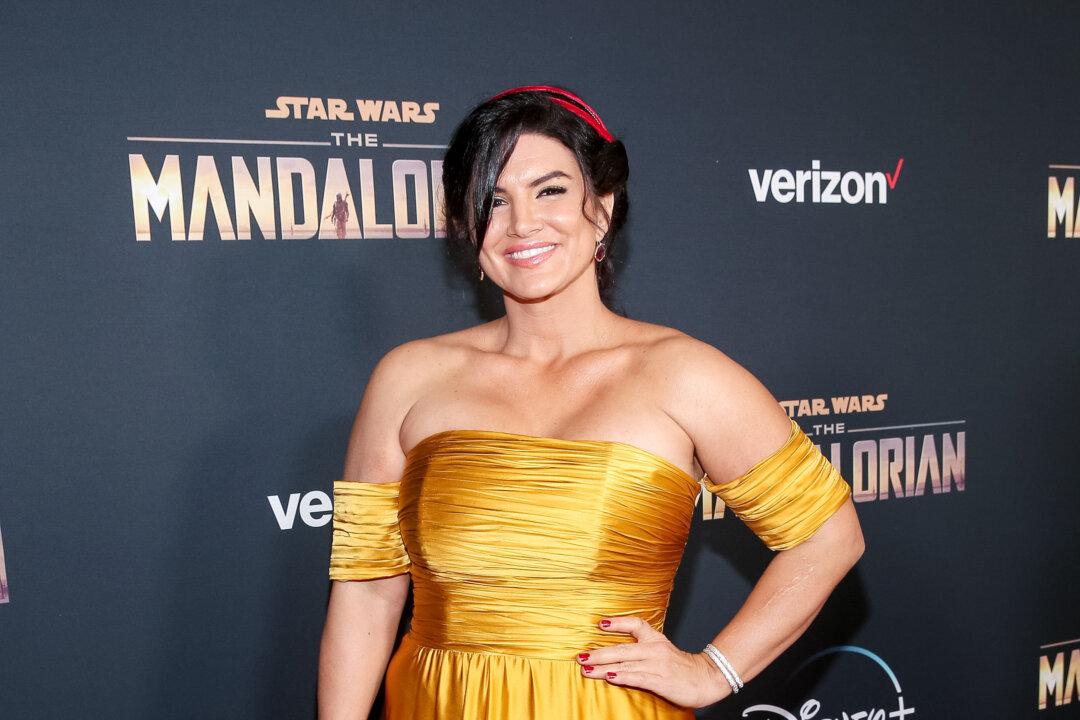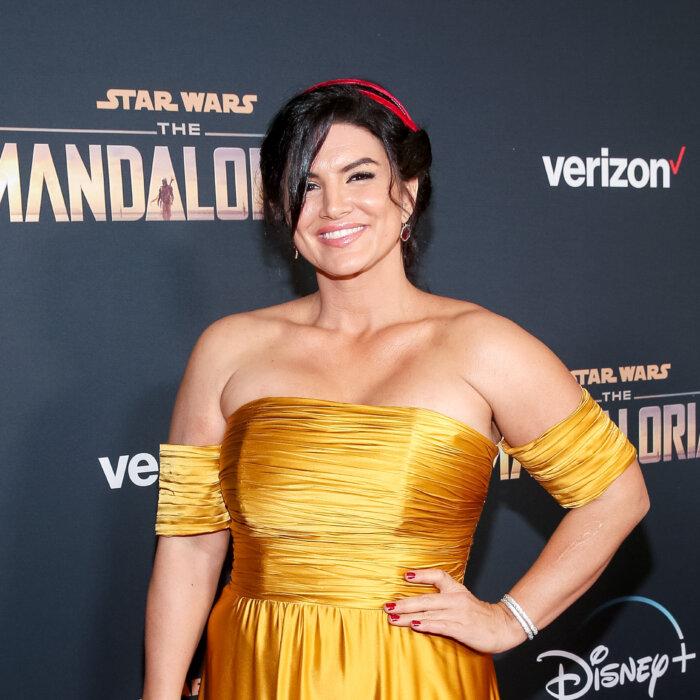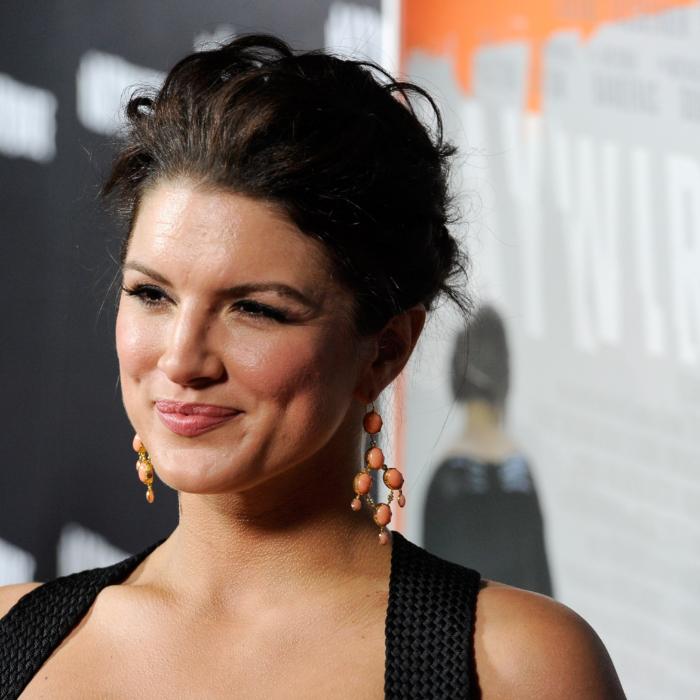Disney lawyers say “The Mandalorian” actress Gina Carano “misconstrues” her allegations in a lawsuit against the company after the studio deemed some of her public statements “abhorrent” and fired her.
The comments came in a reply memorandum filed on Thursday in support of Disney’s motion to dismiss the lawsuit.
Ms. Carano, who was terminated by Disney following a series of public statements, argues that her dismissal violated her rights. In a May 9 filing, her lawyers argue that Disney admits in its motion to discriminating against her for her “personal political beliefs.”
Disney contends that, as an “expressive entity,” it is protected by the First Amendment to “control its own message” and, therefore, choose to exclude anyone deemed to “impair its message.”
Ms. Carano’s lawyers argue that her statements didn’t have “anything to do with” Disney, “Star Wars,” or “The Mandalorian.”
Misconstrued Allegations
In its Thursday memorandum, Disney argues that Ms. Carano “misconstrues the allegations in her own complaint” by giving the impression that the studio invented “the conflict between Carano’s public comments and Disney’s artistic values.”Ms. Carano’s lawyers argued earlier this month that she didn’t seek to “impose any message” on Disney or change its speech “in any fashion.” “Rather, Carano seeks relief for Defendants’ violation of laws of general applicability that do not, as applied here, inhibit or affect Defendants’ speech,” they wrote.
In its response on Thursday, Disney says that the actress’ response shows that she “seriously misunderstands the scope of the First Amendment and the protections it affords to speech by private persons and entities.”
Implications of Carano’s Argument
Disney argues that the First Amendment gives it the “right to create the art it chooses, including the right to avoid speaking through actors whose on-screen presence Disney believes undermines its artistic values.”The studio contends that Ms. Carano hasn’t explained how Disney could be found liable without infringing on its own free speech rights to control “how its art is created, presented, and disseminated.”
“She instead concocts an unsupported and crabbed version of the First Amendment—one that would allow states to compel news outlets and other expressive entities to speak through employees whose publicly-stated viewpoints contradict their employers’ messages, so long as their comments are made off the job,” Disney’s lawyers wrote.
This would mean that conservative newspapers could be forced to hire outspoken liberal writers, feminist book publishers could be forced to hire loudly misogynistic editors, and film and theater producers could be forced to hire proudly racist or anti-Semitic or anti-Muslim or anti-Christian actors and directors, they wrote.
Disney argues that Ms. Carano’s claims would mean that the First Amendment only protects the right to employ actors based on their physical appearance even if they publicly slander another race or religion off-screen.
Carano’s Lawsuit, Controversial Statements
Ms. Carano sued Disney in February, with the financial backing of billionaire Elon Musk’s X Corp., arguing that her firing violated the California Labor Code.The lawsuit contends that Disney chose not to include the popular Cara Dune character, a bounty hunter, in the third season of “The Mandalorian” and other potential “Star Wars” storylines due to Ms. Carano’s public statements.
In the months before her firing, Ms. Carano made a series of public statements expressing views on COVID-19 measures, election integrity, gender pronouns, and the Black Lives Matter movement.
Disney contends that these statements distracted from and undermined its efforts. Disney says it “had enough” when, in February 2021, Ms. Carano chose to allegedly “publicly trivialize the Holocaust” in a social media post. Disney’s motion argues this was incompatible with their values, leading to her dismissal.
Ms. Carano’s lawsuit against Disney and Lucasfilm alleges harassment, termination, and defamation for expressing views contrary to the company’s.
The complaint includes three counts: violation of California Labor Code provisions on political activity, adverse actions against protected activity, and sex discrimination, comparing her treatment to male co-stars whom she cited as having posted “offensive and denigrating posts on social media directed towards Republicans and conservatives.”
Ms. Carano’s attorney claims Disney tried to bully her into conforming to their views, and when that failed, they fired her. Ms. Carano asserts her social media posts were mischaracterized, resulting in lost representation and job opportunities.
A hearing in the case is set for June 12 before Judge Sherilyn Peace Garnett in the Central District of California.







